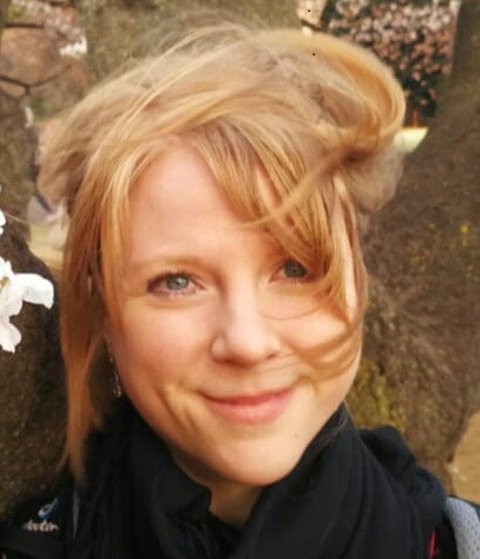VIENNA KOWALLIK, DR.
Group leader
Vienna’s main research focus are host-microbiome interactions. She is particularly interested in understanding microbiome mediated functions, how these are maintained in a system and shaped by abiotic and biotic interactions with the environment, the host and other microbes. She tries to understand a system holistically and therefore enjoys combining different method approaches like field work, sequencing and lab experiments to gain deeper insights
CONTACT
E-mail: vienna.kowallik[at]forento.uni-freiburg.de
Phone: +49 761/203 54125
ORCID ID: 0000-0003-1281-4987
PUBLICATIONS
Kowallik, V., Das, A. and Mikheyev, A.S. (2022), Transgenerational inheritance of microbiome dysbiosis mediated effects on host phenotypes. Frontiers in Microbiology, 13: 1030771
Diehl, J. M. C., Kowallik, V., Keller, A., & Biedermann, P. H. (2022). First experimental evidence for active farming in ambrosia beetles and strong heredity of garden microbiomes. Proceedings of the Royal Society B, 289(1986), p.20221458
Retel, C., Kowallik, V., Becks, L. and Feulner, P.G. (2022), Strong selection and high mutation supply characterize experimental Chlorovirus evolution. Virus Evolution, Volume 8, Issue 1
Kowallik V. and Mikheyev A.S. (2021) Honey Bee Larval and Adult Microbiome Life Stages Are Effectively Decoupled with Vertical Transmission Overcoming Early Life Perturbations, Mbio, 12(6), pp.e02966-21.
Traynor, K., Mondet, F., de Miranda, J., Techer, M., Kowallik, V., Oddie, M., Chantawannakul, P., McAfee A. (2020) Varroa destructor: A Complex Parasite, Crippling Honeybees Worldwide. Trends in Parasitology, 36(7), 592-606.
Retel, C.*, Kowallik, V*., Huang, W., Werner, B., Künzel, S., Becks, L. and Feulner, P.G., 2019. The feedback between selection and demography shapes genomic diversity during coevolution. Science Advances, 5(10). * = equal contribution
Boynton, P., Kowallik, V., Landermann D, Stuckenbrock E.H. (2019) Quantifying the efficiency and biases of forest Saccharomyces sampling strategies. Yeast, 36(11), 657-668.
Kowallik, V., and Greig, D. (2016). A systematic forest survey showing an association of Saccharomyces paradoxus with oak leaf litter. Environmental Microbiology Reports 8, 833–841.
Boynton, P.J., Stelkens, R., Kowallik, V., and Greig, D. (2016). Measuring microbial fitness in a field reciprocal transplant experiment. Molecular Ecology Resources 17(3), 370-380.
Kowallik, V., Miller, E., and Greig, D. (2015). The interaction of Saccharomyces paradoxus with its natural competitors on oak bark. Molecular Ecology 24, 1596–1610.
Dirksen, P., Marsh, S.A., Braker, I., Heitland, N., Wagner, S., Nakad, R., Mader, S., Petersen, C., Kowallik, V., Rosenstiel, P., et al. (2016). The native microbiome of the nematode Caenorhabditis elegans: gateway to a new host-microbiome model. BMC Biology 14, 38.
Reviewer activities for several peer-reviewed journals: Nature Ecology and Evolution, Molecular Ecology Resources, The ISME Journal, Journal of Apidologie, Frontiers in Ecology and Evolution, Molecular Ecology

